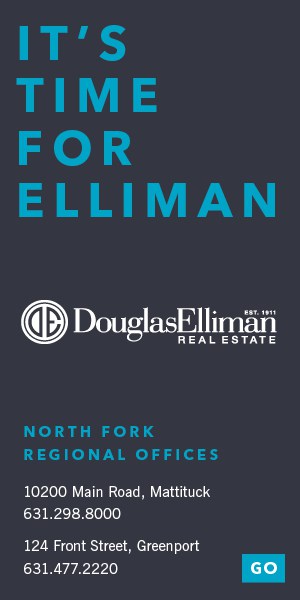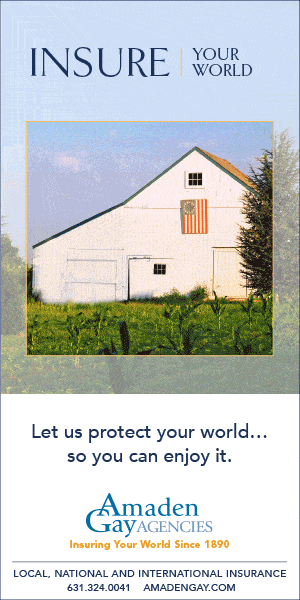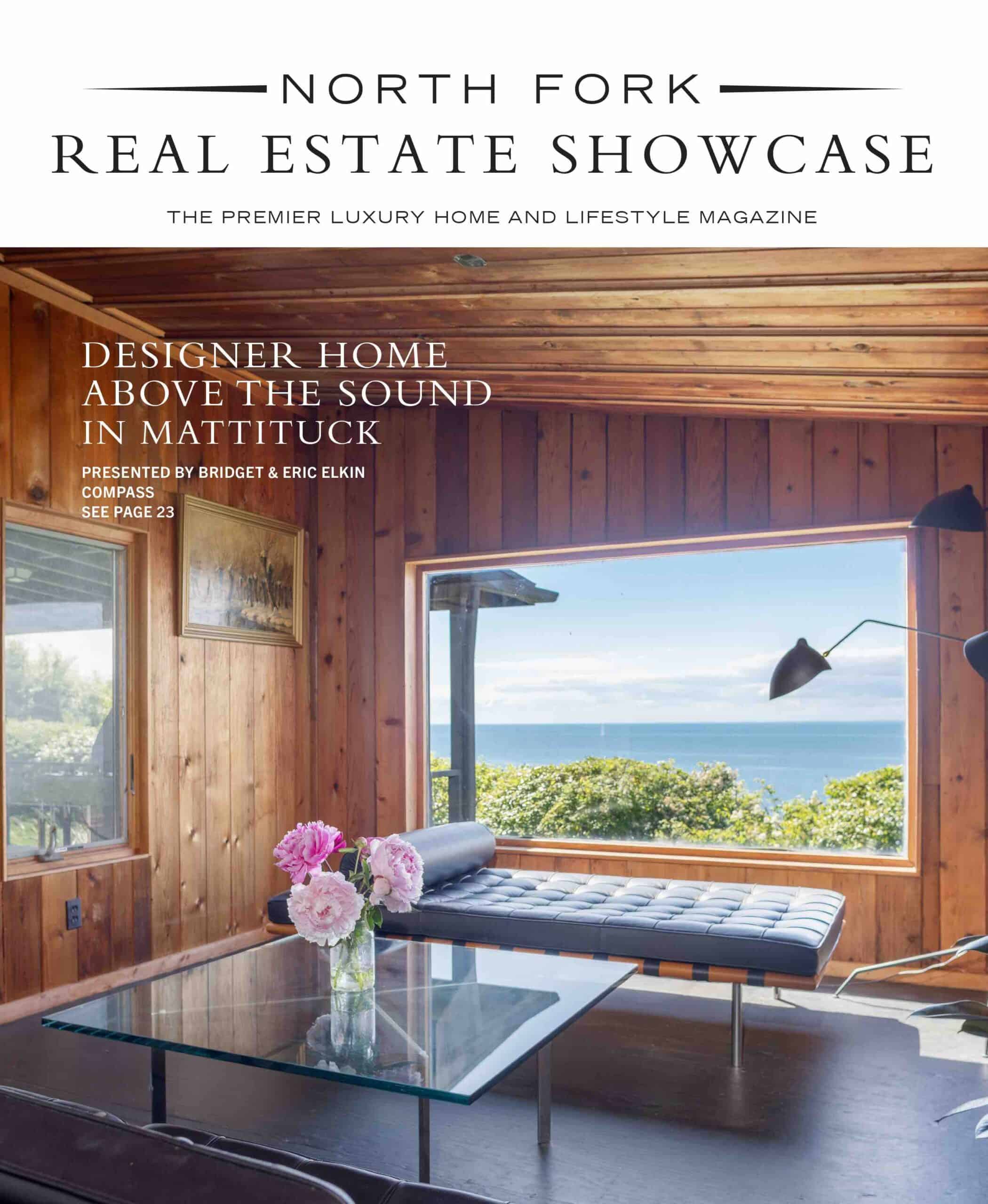Prague reveals its glories in winter
It’s hard to avoid superlatives when speaking of Prague. The capital of the Czech Republic is filled with more architectural beauty than the eye can handle. Wherever you look, there’s an amazing cathedral or a watchtower or a macaron-colored building that stops you in your tracks and leaves you gasping. The only problem is the glut of British stag partiers, rowdy fellows who swarm the city’s ancient squares during the warmer months looking for cheap beer, sunshine, and trouble. To avoid them, visit Prague in the winter. It’s cold, yes, but it’s also quiet (for a major city) and you might actually meet a few locals. Once you’re seen the major sights — the Astronomical Clock, Wencelas Square, Prague Castle, etc. — you can enjoy some of Prague’s less-touristy pleasures, namely its art and design. Here’s what we recommend.
Soak up Art Nouveau. You may think you’ve never heard of Alphonse Mucha, but chances are you know his best-known work, a poster he created in 1894 depicting Sarah Bernhardt in the melodrama Gismonda. To see more, head to the Alphonse Mucha Museum. Using pastel colors and elongated shapes, the Art Nouveau artist forever changed the art of poster design. (Kaunický palác Panská 7, Prague 1)
Get cubed. Before Picasso invented Cubism, there was the Czech school of Cubist architecture and design. The permanent exhibition at the Museum of Decorative Arts pays homage to the movement’s leading exponents and features their creations. Downstairs at the Galerie Kubista you’ll find collectibles, including Cubist-inspired furniture, coffee cups, and glassware, and works by contemporary young designers. There’s also a café where you can sit in Cubist chairs. (House at the Black Madonna, Ovocn´y trh 19, Prague 1)
Let’s dance. A short walk from the Cubist corner, Prague’s National Theater is not to be missed. With its pastel-blue and gold interior, it feels like sitting inside a great big antique jewel box. Non-Czech-speaking visitors should try to catch a performance by the first-rate Czech National Ballet, which in recent months has performed commissioned works by internationally-renowned choreographers. (Národní 2, Prague 1)
Enjoy the view. Cross the Vlatva River on foot via the Charles Bridge, which connects the Old Town with the Lesser Quarter. Thirty saints on pedestals will oversee your safe passage. In fine weather, artisans selling jewelery and quirky artwork turn the bridge into an open-air crafts market. (Prague 1)
Consider Kafka. On entering the Lesser Quarter, just off the bridge, hang right to the nearby Franz Kafka Museum. There’s not much to see in the way of memorabilia, but the exhibition is richly suggestive of the Prague-born literary genius’s world. “Franz Kafka was born into a myth called Prague,” reads the first wall text, which is worth the price of admission alone. (Cihelná 2b, Prague 1)

Bet on modern Czech design. Because let’s face it: the shops selling “traditional” Bohemian crystal are for grannies. Cihelna spans the gap between old and new nicely. There you’ll find contemporary glass art, vases, jewelry, and spectacular modernist chandeliers. It’s located in the courtyard next to the Kafka Museum; follow the signs. (Cihelná 2b/102, Prague 1)

Pig out on veg. If the Czech Republic’s meat-heavy diet leaves you yearning for lighter fare, come to this farm-to-table game-changer. Located in a fashionably-appointed warehouse space in the hip Karlin district, the Michelin-starred Eska serves Nordic-inflected food with a Czech sensibility — all very stylish yet casual. After you’ve enjoyed the smoked cauliflower with brown butter and gooseberry foam, stock up on fabulous bread, kefir, and locally-brewed kombucha at its excellent bakery. (Pernerova, 49, Karlín, Prague 8)








